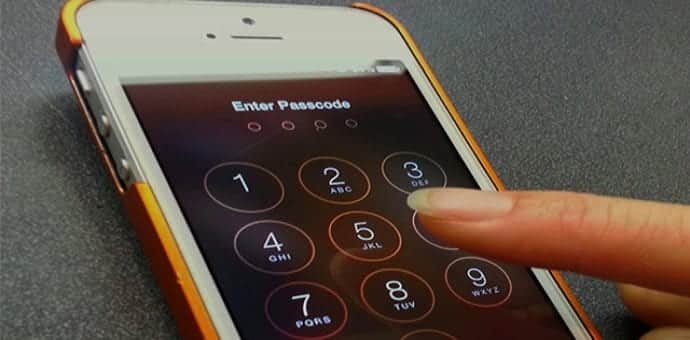Apple responds to some commonly asked questions over the issue of FBI’s demand to create a software which makes iPhones hackable
The iPhone company has came up with a FAQ on the most controversial topic which is in news these days. The demand made by FBI to create a piece of software to bypass the locking mechanism which wipes all the data after ten unsuccessful attempts. So that FBI can use some brute-forcing techniques to retrieve the password of iPhone which are under investigation.
The demand was made after FBI seized an iPhone from one of the terrorists involved in San Bernardino shooting attack in December. While the FBI has a warrant to access the contents of the iPhone 5c as part of its investigation, it doesn’t know the passcode to the device.
Thus a debate has arisen on whether Apple should do what FBI asks or stick to its privacy policy. Understandably, the debate surrounding issue is contentious. On one hand, supporters of Apple’s position point to issues such as user privacy and the potential of setting a dangerous precedent. On the other hand, the iPhone in question may very well contain information about a larger terrorist cell.
To help get its point of view out in the open, Apple today posted a new FAQ page on its website addressing many of the more common questions people have about Apple and the FBI’s war of words.
For instance, one frequently asked question asks why Apple couldn’t just build the software fix the FBI is looking for while ensuring that it’s only compatible with one particular iPhone model and that it’s only used once.
Apple response to this question was as follows:
The digital world is very different from the physical world. In the physical world you can destroy something and it’s gone. But in the digital world, the technique, once created, could be used over and over again, on any number of devices.
Law enforcement agents around the country have already said they have hundreds of iPhones they want Apple to unlock if the FBI wins this case. In the physical world, it would be the equivalent of a master key, capable of opening hundreds of millions of locks. Of course, Apple would do our best to protect that key, but in a world where all of our data is under constant threat, it would be relentlessly attacked by hackers and cybercriminals. As recent attacks on the IRS systems and countless other data breaches have shown, no one is immune to cyberattacks.
Again, we strongly believe the only way to guarantee that such a powerful tool isn’t abused and doesn’t fall into the wrong hands is to never create it.
However, the case is in the court and Apple has decided to fight for user privacy . Google’s CEO Sundar Pichai has also joined this debate recently taking a favour of Apple.

